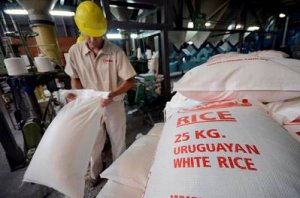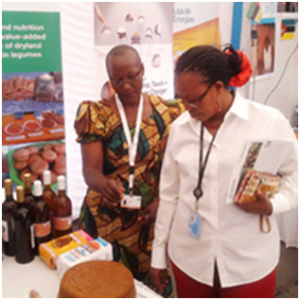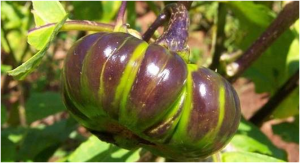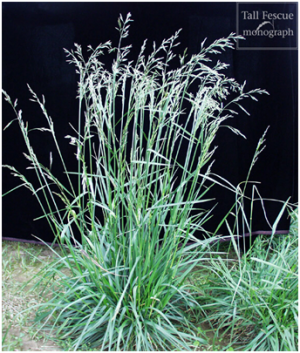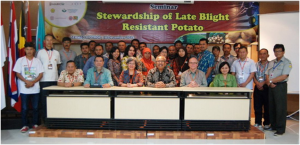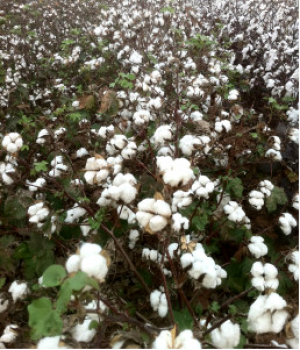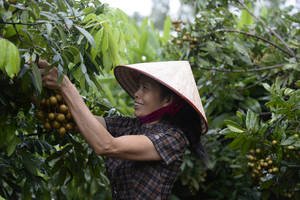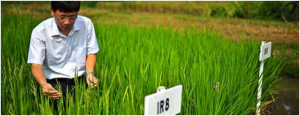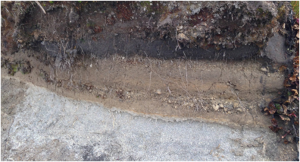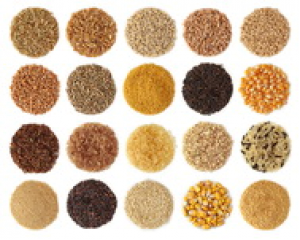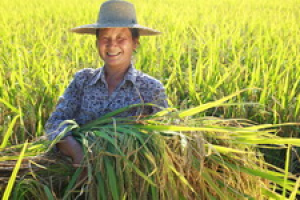|
Scientists Recommend Bt Maize as Solution to Fall Armyworm Infestation in Kenya
Monday, 2018/01/29 | 08:11:27
|
|
Figure: Dr. Murenga Mwimali, a maize breeder at KALRO
Kenyans are on the brink of starvation following a heavy infestation by the fall armyworm on their maize farms. First reported in the country in March last year, the pest has ravaged over 250,000 hectares of maize farms in 27 out of 47 counties.
A fact-finding mission by an OFAB-Kenya-led team of local journalists to Machakos County revealed that the pest has devastatingly devoured almost the entire maize crops in the county as farmers grapple with the agonising reality. Most farmers have hardly harvested anything from their farms. "My plants have died because of the attack by the fall armyworm and there is hardly anything left in the farm," said Elizabeth Nduku, a smallholder farmer.
Scientists from the Kenya Agricultural and Livestock Research Organisation (KALRO) under the Water Efficient Maize for Africa (WEMA) project have been conducting national field trials to evaluate the performance of Bt maize and provide sustainable solutions against pest invasion and drought in the country.
"In the course of our research, we have demonstrated in regulated experiments at Kitale (Trans Nzoia County) and Kiboko (Makueni County) that Bt maize is not only able to control the stem borer, but also the fall armyworm," said Dr. Murenga Mwimali, a maize breeder at KALRO.
Farmers in Kenya are urging the government to fast track the adoption of genetically modified crops that will see the commercial release of Bt maize eventually marking the end of their woes. "I will not hesitate to accept genetically modified maize if it resists pests and drought," Nduku ardently acknowledged.
For more information, contact Dr. Margaret Karembu at mkarembu@isaaa.org. |
|
|
|
[ Other News ]___________________________________________________
|


 Curently online :
Curently online :
 Total visitors :
Total visitors :
(25).png)

